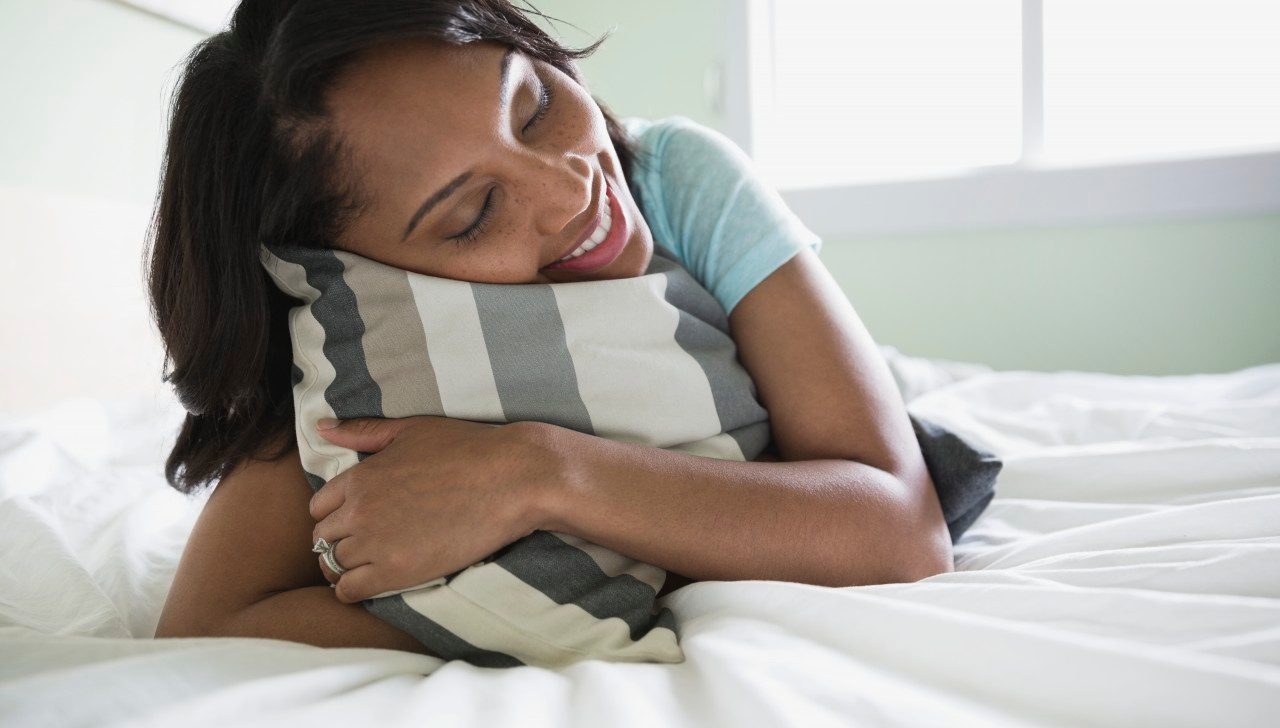Napping Is Better Than Coffee to Stay Alert

Napping can sharpen your alertness, boost your creativity, enhance your sex life, reduce your risk of heart attack, and help you lose weight.
Theodore Draper, who wrote about history from his home, took a 45-minute nap every afternoon at 2 p.m. for at least 55 years. He picked up the habit, after World War II, in Paris, which for him was the alpha and omega of culture.
Americans find it awfully hard to get enough quality sleep. A quarter to 40 percent say they had a bad night, in a Gallup poll.
When fatigue hits, should you grab a cup of coffee? The better option may be a brief nap.
YOU MIGHT ALSO LIKE: The Science Behind Taking a Perfect Nap
Many see napping past childhood as an indulgence for the lazy, unless you’re sick or elderly. But some of the best of us have been nappers, including Napoleon, Albert Einstein, Winston Churchill, and John F. Kennedy.
Napping can sharpen alertness, boost creativity, enhance your sex life, reduce the risk of heart attack, and help you lose weight — all without side effects and for free. There’s even mild evidence that napping once or twice a week can cut your chance of a stroke.
Some people nap on schedule. Others nap to buoy themselves for a demanding activity like a long drive or big test. If you find yourself tired behind the wheel, it’s a good idea to pull over for that cup of coffee, followed by an emergency nap before the caffeine kicks in. You’ll wake up double refreshed.
Sara C. Mednick, PhD, a sleep researcher and author of “The Power of the Downstate,” recommends napping on a regular schedule, ideally between 1 and 3 p.m. each day.
It’s worth a try even if you’re doubtful you can find the time or actually sleep. Wear an eye mask, or turn out the lights and pull the shades. Cover up with a sweater, or pull a coat or blanket over your body to stay warm.
If you work in an open area and want privacy, try taking your car to a quiet parking spot and reclining the seat. You might find a quiet corner at a gym or, in good weather, a spot under a tree in a safe park.
The perfect nap time occurs at the point in the day when you can achieve a balance between rapid-eye-movement (REM) sleep and slow-wave sleep, Mednick says. REM sleep is dreamtime, when your brain consolidates and processes information, and replenishes mood-boosting chemicals.
Slow-wave sleep is essential for repairing muscles and maintaining your immune system. If you aren’t getting enough slow-wave sleep, your body will make up that debt first, at the expense of REM sleep.
To pick your own naptime, refer to Mednick's “Nap Wheel.” Drag the "wake-up time" dial to your rising hour. Let’s say you began the day at 7 a.m. Your best nap will be at 2 p.m. If you nap any earlier, you’ll have more REM sleep; a nap later in the day will be heavier on slow-wave, and you may be more likely to wake up groggy.
How long should you sleep? A 10 to 20 minute nap “allows people to get refreshed without feeling too groggy,” Mednick says. For a deeper sleep, she recommends 60- to 90-minute naps.
Although coffee may seem more efficient and make you feel smarter, Mednick’s research shows that a nap beats caffeine. Her team began by training 61 people in motor, perceptual, and verbal tasks: tapping a keyboard in a specific sequence, discriminating between shapes on a computer screen, and memorizing a list of words. Then the subjects were divided into three groups. One group napped from 1 to 3 p.m. At 3 p.m., another group took a 200-milligram caffeine pill. The rest took a placebo.
When everyone repeated the task, the caffeinated group was worse than both other groups at tapping the keyboard in sequence. Nappers beat the crowd at discriminating between shapes and memorizing words.
Napping also seems to be good for your heart. In a study of nearly 3,500 Swiss adults with no history of cardiovascular disease, nappers had fewer heart attacks or strokes over the next five years.
It’s also true that people are less likely to die of heart disease in countries where siestas are still common. In a six-year study by the Harvard School of Public Health and the University of Athens Medical School in Greece, researchers followed nearly 23,700 people living in Greece who had no history of heart disease, stroke, or cancer.
After controlling for risk factors such as diet and physical activity, the study found that people who napped for at least a half hour three times a week had a 37 percent lower chance of dying from heart disease. The effect of siestas was strongest among working men, rather than retirees, suggesting that the naps reduced stress.
Maybe you can join them and de-stress with your own siesta, dreaming of the Mediterranean.
But if you find yourself lying in bed for nine hours, often sleeping poorly, or sleeping a lot during the day, you may need to see a doctor. In a 2020 study with 31,750 Chinese participants around 62 years old, those who slept more than 9 hours a night and those who took naps longer than 90 minutes or had poor sleep quality had a higher risk of stroke.
So, it seems that like Goldilocks, who needed just the right bed, nappers need to find a healthy middle ground.
Updated:
April 12, 2022
Reviewed By:
Christopher Nystuen, MD, MBA and Janet O'Dell, RN